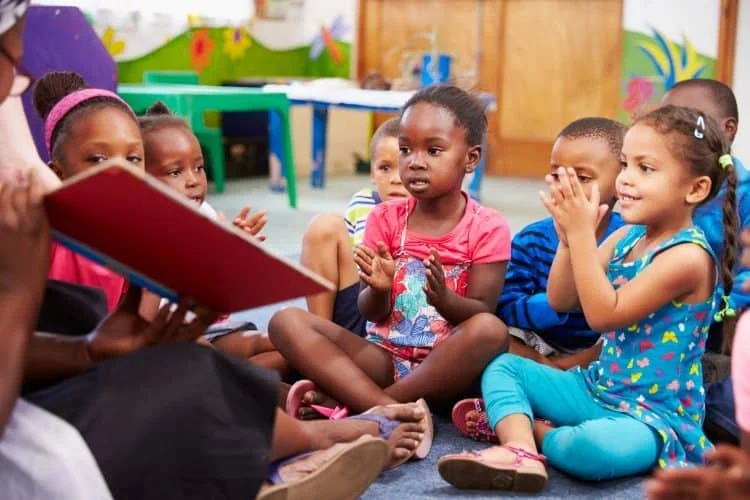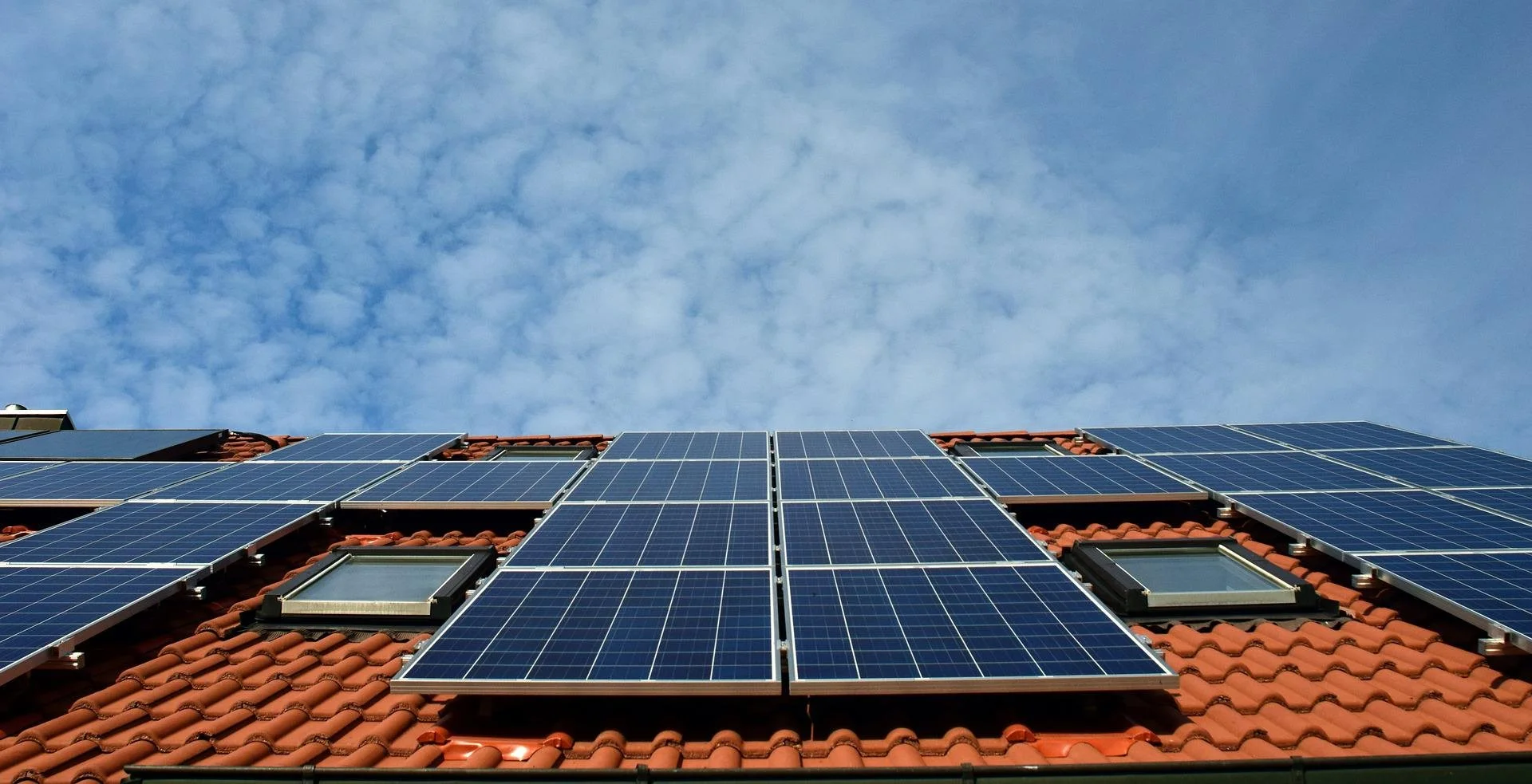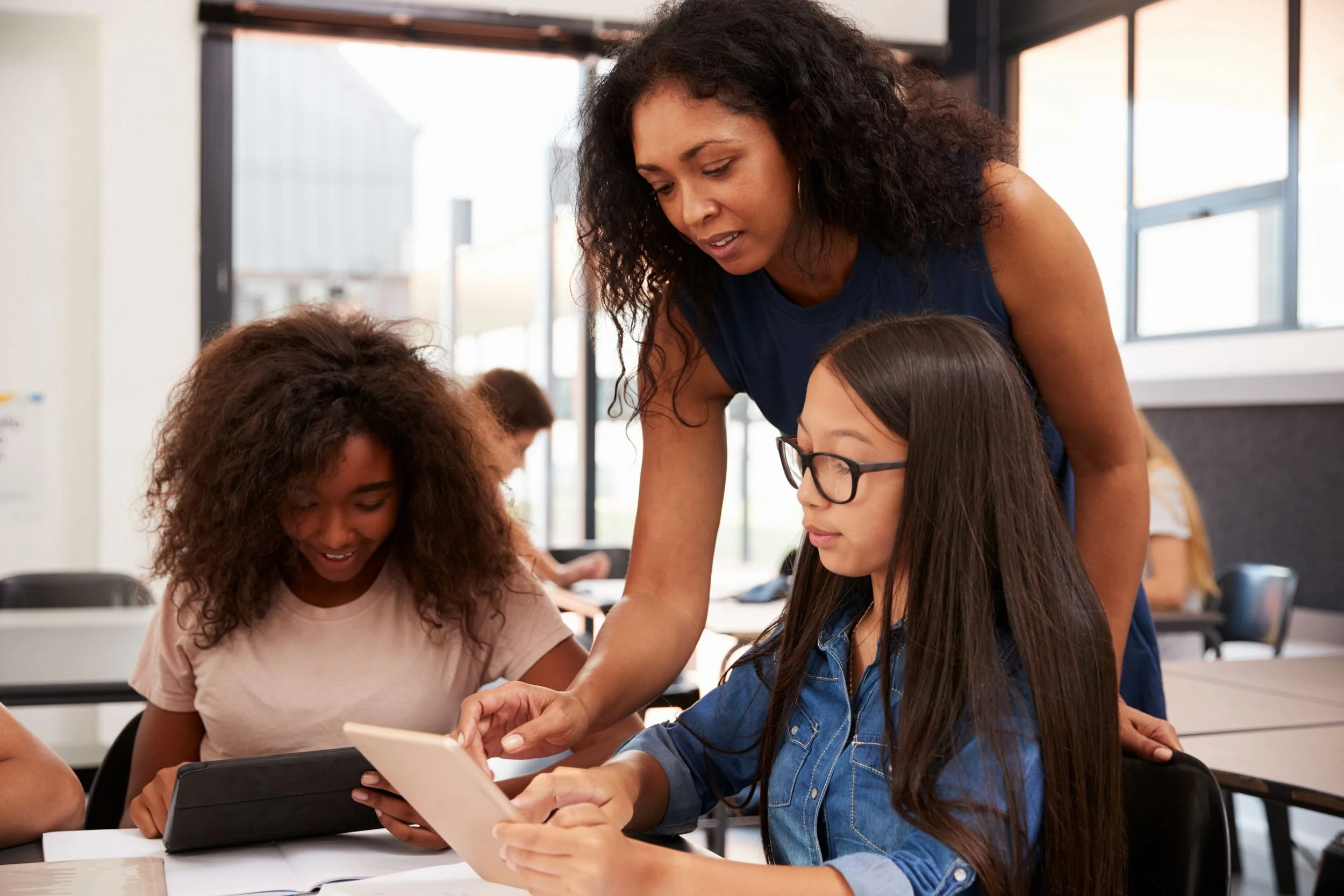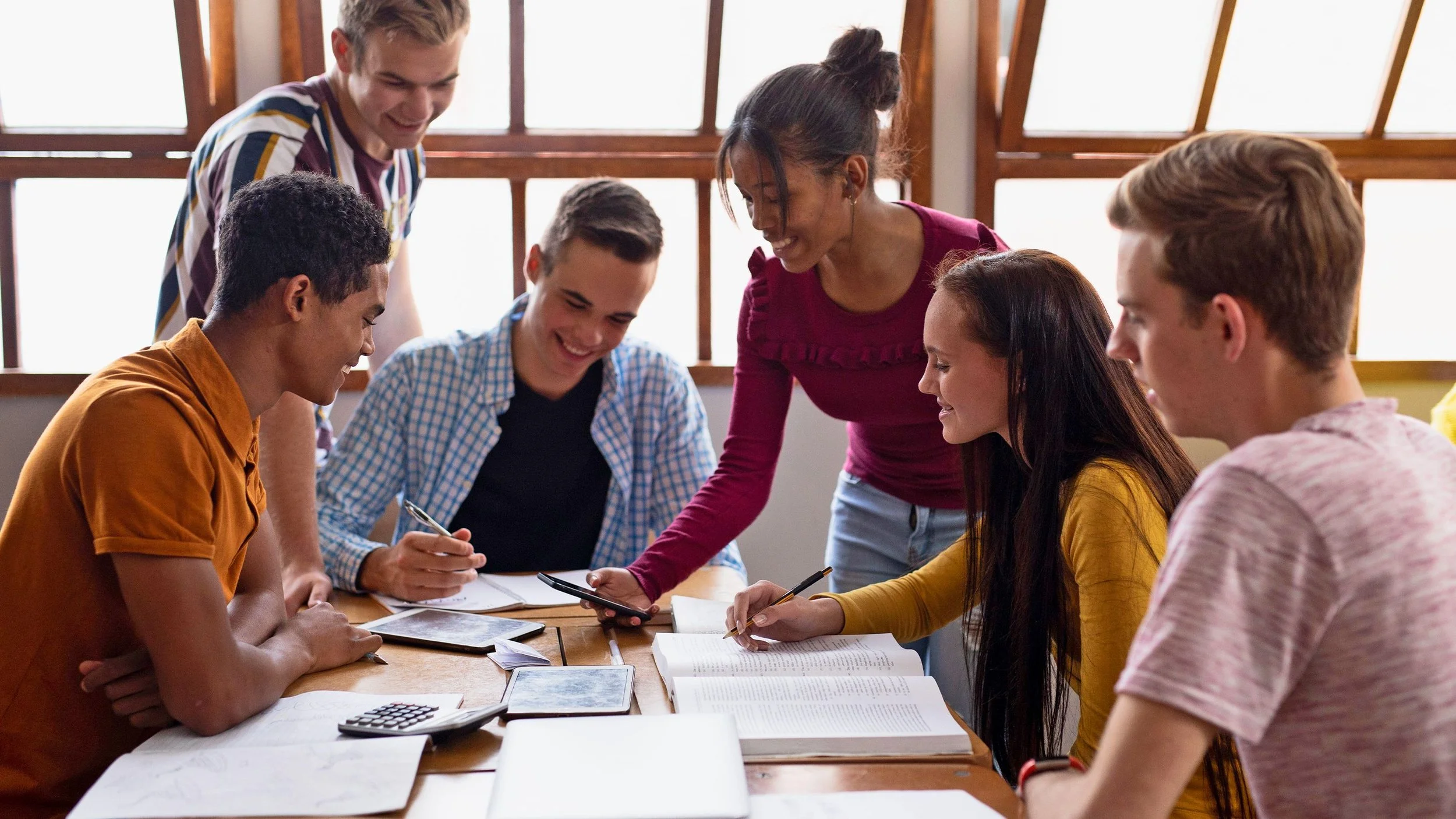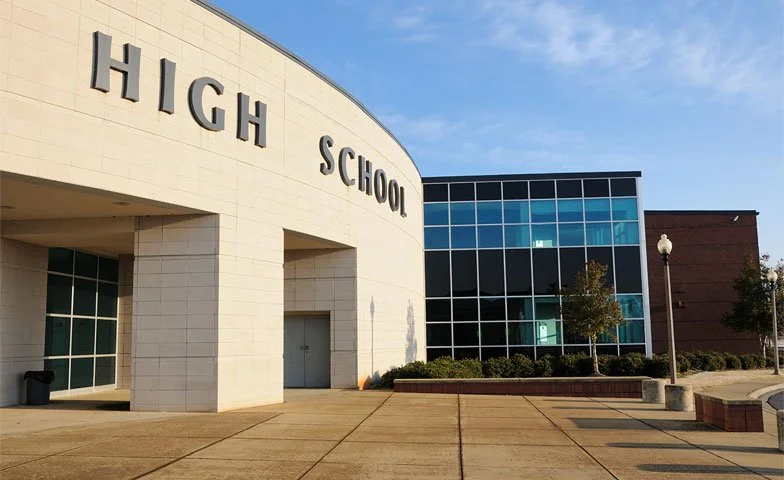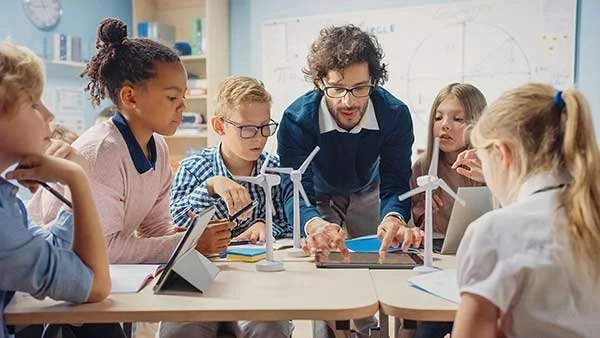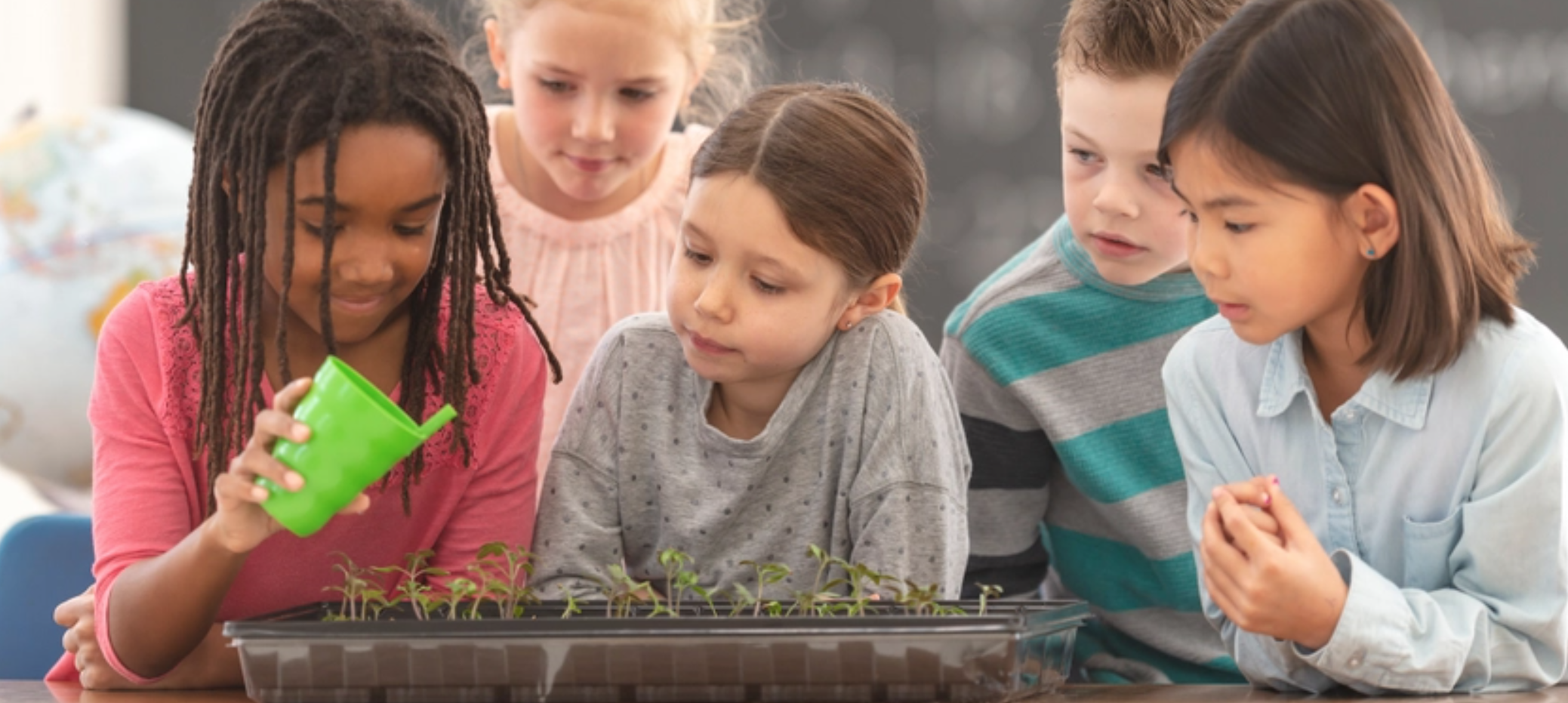
Why sustainable schools?
"Education can bring about a fundamental shift in how we think, act, and discharge our responsibilities toward one another and the planet."
- Irina Bokova, Director-General of UNESCO.
Education equips today’s students with the skills, knowledge, and mindset to tackle real-world challenges with creativity and confidence. Schools play a vital role in helping young people understand complex issues—like how to protect natural resources, manage risks, and strengthen community resilience. By fostering problem-solving, collaboration, and innovation, schools prepare students to shape a future where both people and planet can thrive.
Schools hold the key to a sustainable future in crucial ways:
-

Modeling sustainable and regenerative practices through teaching and operations, inspiring students and families to practice stewardship in their own lives.
-

Developing the skills and knowledge people need to thrive in the new sustainable economy, from renewable energy and smart agriculture to green design.
-

Creating significant aggregated outcomes by directly reducing their environmental impact, and saving schools money for investment in students and staff.
-

Providing healthy, safe and uplifting learning environments in which all students and staff can thrive.

Schools are where children spend most of their time outside the home.
By the time a student graduates from high school, they have spent 15,600 hours inside school buildings. During these crucial developmental years, schools must be a space for creative and solutions-focused thinking that will prepare them to meet the challenges of tomorrow.
Benefits of Implementing
Whole-School Sustainability
Students
Schools
Planet

What is ‘Sustainability’?
“Meeting the needs of the present generations without compromising the ability of future generations to meet their own needs.”
Did you know that the mass of human-made things just exceeded the mass of all living things on earth?
That planet is now hotter than at any time in the past 125,000 years - and that there is near-universal consensus (97–99.9%) in the peer-reviewed scientific literature that the climate is changing as a result of human activity?
We need to learn, adapt and think creatively to solve these new challenges, and create a new future in which we work with our shared planet, instead of against it.

What is ‘Regeneration’?
Regeneration goes beyond sustainability by focusing not just on maintaining the status quo but on actively restoring, renewing, and enhancing natural systems, communities, and economies. While sustainability aims to "do no harm" by preserving resources for future generations, regeneration seeks to "do better" by improving the health and vitality of the systems we depend on.
Schools hold the key to a healthy, sustainable and regenerative future.
They are role-models and incubators that that nurture, educate and prepare each generation for adult life.
Schools have a unique opportunity and profound responsibility to become part the transition to a sustainable, regenerative future in which people and planet can thrive.
But how do we get there?

START: Sustainability Tracking, Analytics & Roadmap Tool was created by schools, for schools, to help them develop comprehensive programs for step-by-step progress towards sustainability, regenerative practice, and student empowerment.
START provides a Roadmap for School Sustainability:
It breaks down school sustainability into clear actions (‘metrics’), such as Minimizing Waste, Reducing Greenhouse Gas Emissions, and supporting Sustainable Transportation options.
However, research shows it’s not enough for a school to simply reduce its environmental impact.
Students and staff also need to learn about sustainability, and practice it in day-to-day activities, because this impacts their attitudes and behaviors when they leave school. That’s why START includes metrics like Sustainability Events for Students, Sustainability Course Content, and Sustainable Purchasing Practices.
How sustainable is our school now?
Schools use START to measure how sustainable they are now. A school’s START team investigates how their school currently operates to find their ‘sustainability baseline’ for each metric. For example, is our school a beginner, intermediate or advanced in sustainable water use? START enables schools to benchmark, track and visualize their current sustainability levels, as well as hard data around their waste, water, energy and greenhouse gas emissions.
Where should we go next, and do we collaborate for success?
What do we need to do to ‘level up’ in each metric? Once schools have their baselines, START helps them to set goals and plan for progress. START provides a central hub for school members to collaborate, document, and plan their school’s sustainability journey.

START is a subscription-based Whole School Sustainability dashboard.
It requires at least one adult school member to create a school’s START account, but it will need a team (students, teachers and staff) to grow a Whole School Sustainability program.
Interested schools can sign up for a demo or apply to set up an account.
Learn more about START here, and consider sharing the brochure with your school.
Let’s create a better future, one school at a time.
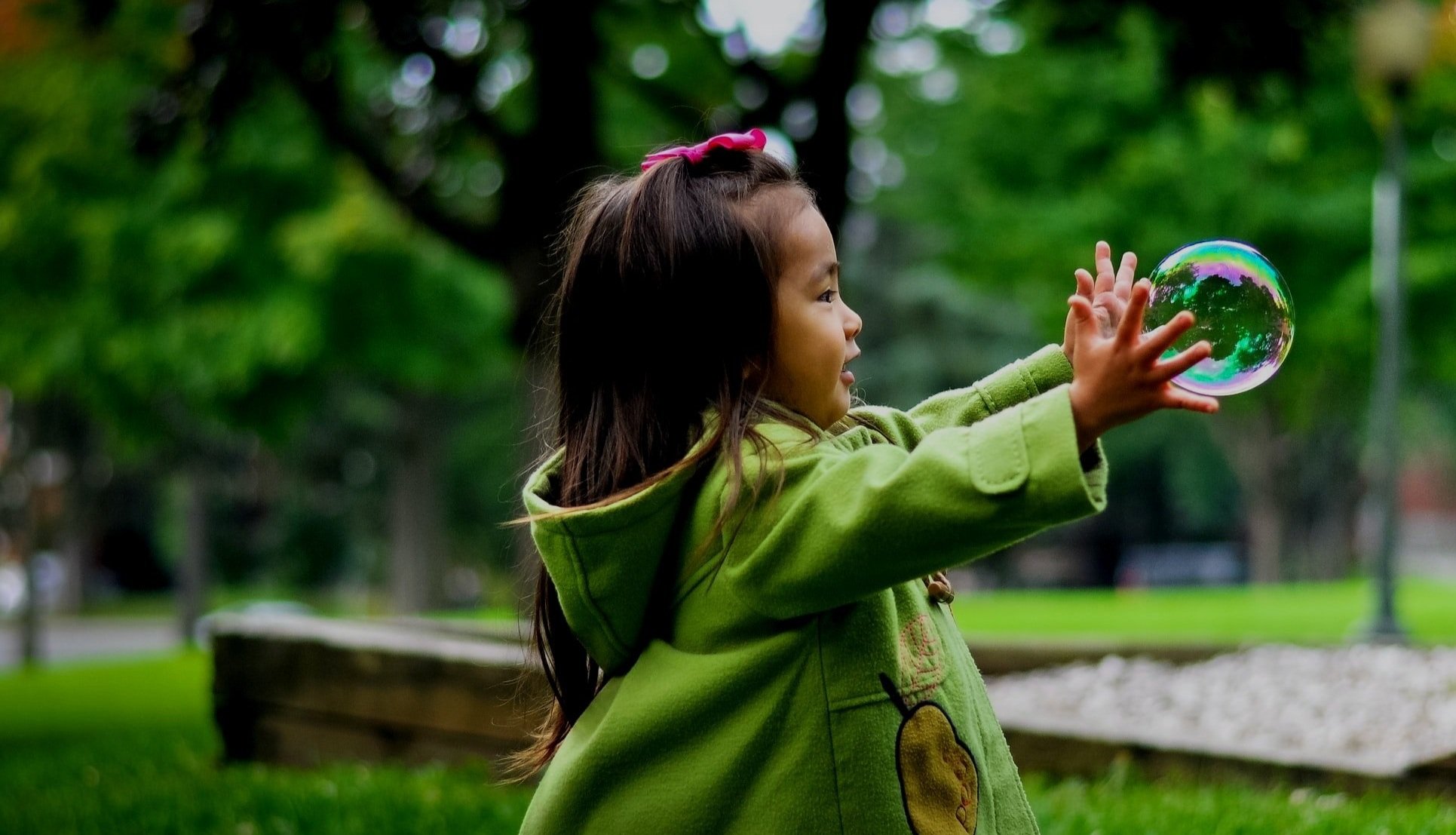
“In the end, we will conserve only what we love, we will love only what we understand, and we
will understand only what we are taught.”
Baba Dioum






